Ressource pédagogique : Strict monotonicity of percolation thresholds under covering maps (workshop ERC Nemo Processus ponctuels et graphes aléatoires unimodulaires)
Présentation de: Strict monotonicity of percolation thresholds under covering maps (workshop ERC Nemo Processus ponctuels et graphes aléatoires unimodulaires)
Informations pratiques sur cette ressource
Droits réservés à l'éditeur et aux auteurs.
Description de la ressource pédagogique
Description (résumé)
Percolation is a model for propagation in porous media that as introduced in 1957 by Broadbent and Hammersley. An infinite graph G models the geometry of the situation and a parameter p embodies its porosity: percolation consists in keeping independently each edge with probability p, erasing it otherwise, and looking at the infinite connected components of the resulting graph. It turns out that there is a critical porosity: for smaller porosities, all components are finite almost surely, while for larger ones, there is almost surely at least one infinite component. How does this critical porosity depend on the underlying graph? This is a broad question, that also has connections with the behaviour at the critical point. In this talk, we will consider this question in the following perspective: we will prove that, under reasonable conditions, quotienting a graph strictly increases it critical porosity. This is joint work with Franco Severo.
"Domaine(s)" et indice(s) Dewey
- Théorie des graphes. Construction des graphes (511.5)
Thème(s)
Intervenants, édition et diffusion
Intervenants
Editeur(s)
-
INRIA (Institut national de recherche en informatique et automatique)
Voir toutes les ressources pédagogiques
Diffusion
-
Canal-u.fr
Voir toutes les ressources pédagogiques
AUTEUR(S)
-
Sébastien Martineau
ÉDITION
INRIA (Institut national de recherche en informatique et automatique)
EN SAVOIR PLUS
-
Identifiant de la fiche
50425 -
Identifiant
oai:canal-u.fr:50425 -
Schéma de la métadonnée
- LOMv1.0
- LOMFRv1.0
- Voir la fiche XML
-
Entrepôt d'origine
Canal-u.fr -
Date de publication
20-03-2019



